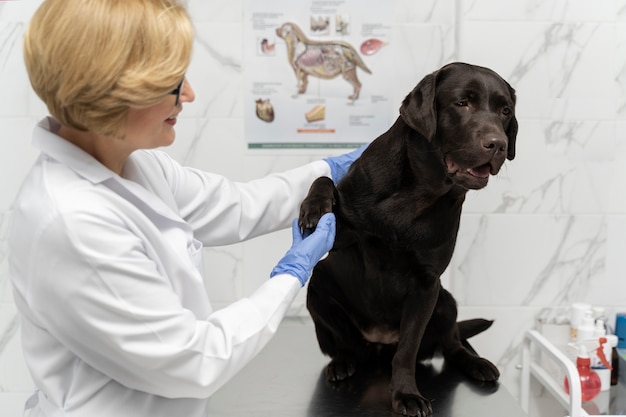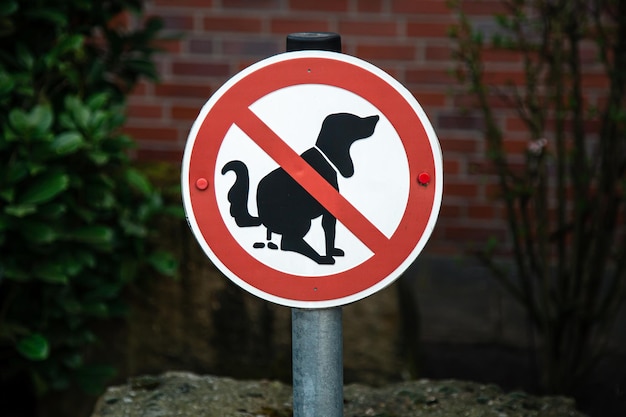Benadryl for Dogs: Proper Dosage, Uses, & Potential Side Effects | Townsgate Pet Hospital


As pet owners, we always want the best for our furry friends, especially when they are experiencing discomfort or allergic reactions. Benadryl, known generically as diphenhydramine, is a common over-the-counter medication that many pet owners consider for their dogs. While it is widely used to treat allergies in humans, Benadryl can also be beneficial for dogs when used correctly. However, understanding the proper dosage, uses, and potential side effects is crucial for ensuring your pet's safety and well-being.
Benadryl is primarily an antihistamine that works by blocking histamine receptors in the body, reducing symptoms such as itching, swelling, and sneezing. For dogs, Benadryl is often used to manage allergic reactions caused by insect bites, food allergies, and environmental factors. It can also be used as a mild sedative for dogs who suffer from anxiety during thunderstorms, fireworks, or car rides. Additionally, Benadryl may help alleviate symptoms of motion sickness, making it a versatile option for many pet owners.
Determining the correct dosage of Benadryl for your dog is essential to avoid any adverse effects. The standard dosage is typically 1 milligram of Benadryl per pound of the dog's body weight, administered two to three times a day. For example, a 25-pound dog would generally receive 25 milligrams of Benadryl per dose. However, it is always best to consult with a veterinarian before giving your dog any medication, including Benadryl, to ensure it is appropriate for your pet's specific health needs and conditions.
While Benadryl is generally safe for dogs when used correctly, it is important to be aware of potential side effects. Some dogs may experience drowsiness, dry mouth, or urinary retention. In rare cases, more severe side effects such as vomiting, diarrhea, or decreased appetite can occur. If you notice any of these symptoms, it is crucial to contact your veterinarian immediately. Additionally, certain dogs, such as those with glaucoma, high blood pressure, or cardiovascular disease, may not be suitable candidates for Benadryl. Therefore, a thorough evaluation by a veterinary professional is essential before administering the medication.
One important aspect to consider when using Benadryl for dogs is the formulation of the medication. Benadryl comes in various forms, including tablets, capsules, liquid, and topical ointments. When selecting a product for your dog, avoid combination products that contain additional ingredients such as decongestants or pain relievers, as these can be harmful to pets. Stick to plain Benadryl or generic diphenhydramine without added components.
In addition to consulting with a veterinarian, it is vital to monitor your dog closely when administering Benadryl for the first time. Observe any changes in behavior, appetite, or overall health, and report any concerns to your vet promptly. Proper usage of Benadryl can provide relief for your dog from various allergic reactions and anxiety-inducing situations, but it is essential to prioritize your pet's safety and health above all.
At Townsgate Pet Hospital, we are dedicated to providing comprehensive care and guidance for your pets. Our experienced team of veterinarians is here to answer any questions you may have about using Benadryl or any other medications for your dog. We understand that each pet is unique, and we are committed to ensuring that your furry friend receives the best possible care.
For more information on safely using Benadryl for your dog or to schedule a consultation, contact Townsgate Pet Hospital today by calling (805) 230-1999 or giving us a visit at 2806 Townsgate Road Suite C, Westlake Village, CA 91361. Our team is here to help keep your pet healthy and happy.



















